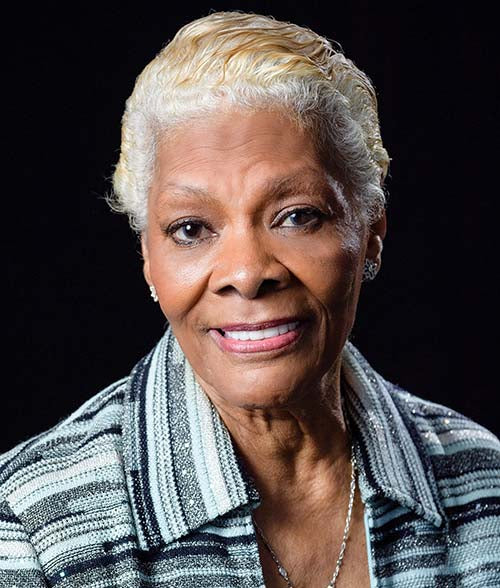I previously covered a list of some of Dionne Warwick’s biggest hits through the 1960s. This second part of my Warwick survey includes some noteworthy hidden gems in her catalog. While some of these may have appeared on a Rhino compilation of the same name (Hidden Gems), many of these are album cuts that I particularly liked for the Bacharach/David songwriting, Bacharach’s arranging and conducting, and/or Warwick’s performance.
Warwick gives Dusty Springfield’s “The Look of Love” a run for the money with this sultry tune. Not only are the Hal David lyrics noteworthy, her performance here is appropriately soft and inviting. Here she is!
This next one was a non-album hit for Warwick, and is one of my favorite Hal David lyrics as well. It’s one thing to leave your lover. It’s another to not even say goodbye at the end of a beautiful love affair, culminating in a half-filled tube of toothpaste and half-filled cup of coffee. All to a swinging beat, with one of Bacharach’s trademark touches – a tack piano punctuating the verses, and a whimsical touch that belies the serious lyrics. (The video claims this is an “alternate version” but I don’t hear anything different from the single version I have long been familiar with.)
“Paper Maché” is one of Hal David’s “message” lyrics, this one subtly poking a stick at materialism.
This tune was part of the music production for the Broadway musical Promises, Promises. Hal David’s lyrics here are among his finest, portraying a person at odds with herself as well as her love interest.
Another gem from the back catalog – “Walk The Way You Talk.”
Warwick apparently did not care for the lyrics to this tune, but sang it nonetheless. The arrangement is dense, in a style Bacharach leaned toward near the dawn of the 1970s. As with many Bacharach tunes of this era, the last section of the tune is fashioned as a coda, leading the song to a fadeout.
The lively tune “Another Night” barreled its way up to Number 49 on the Billboard Hot 100. It’s originally from her album Windows of the World.
This is an album track from Dionne’s Promises, Promises album, which was not part of the musical production.
Album and Compilation Recommendations
Dionne Warwick has been anthologized dozens of times over the years, hundreds if you also include vinyl releases. If you would like to test the waters, I would suggest finding The Dionne Warwick Collection and Hidden Gems, both issued by Rhino. The bulk of the tracks will be Bacharach/David compositions. My recommendation is to stick to releases that are released by or licensed from Rhino. For the uber-collector, there is the recent Odds and Ends compilation that rounds up some rarities and alternate versions of her Scepter Records recordings, including foreign language versions of a few of her hits, and a track compiling a handful of radio promo spots and public service announcements.
The individual albums all appear to be available via Qobuz as well, and, I would imagine, all the other popular streaming services. There were 14 original Scepter albums* and one on Warner Bros. (Dionne) that included Bacharach/David tunes from the ’60s and early ’70s. Unfortunately, the four sets of CDs I purchased on the Edsel label in the UK (licensed through Rhino) are out of print and expensive, but across nine CDs, they covered 16 Dionne Warwick albums plus 22 non-album tracks. (I ordered all four from Amazon UK for a total of £35.28, including shipping via Royal Mail. Today, you’d be lucky to find one of those sets for that price.)
Some streaming services like Amazon, Spotify and others are listing The Complete Scepter and Warner Albums as an option, but I am unsure if this streaming compilation includes the non-album tracks.
(*The Scepter albums include Presenting Dionne Warwick; Anyone Who Had a Heart; Make Way for Dionne Warwick; The Sensitive Sound of Dionne Warwick; The Windows of the World; In the Valley of the Dolls; Promises, Promises; Soulful; Here I Am; Live in Paris; Here Where There is Love; On Stage and In The Movies; I’ll Never Fall in Love Again; and Very Dionne.)
The next Burt Bacharach installment will round up his own recordings from the late ’60s through the mid ’70s, including the first Number One hits for Bacharach and Hal David.
Header image courtesy of Wikimedia Commons/Montclair Film.



